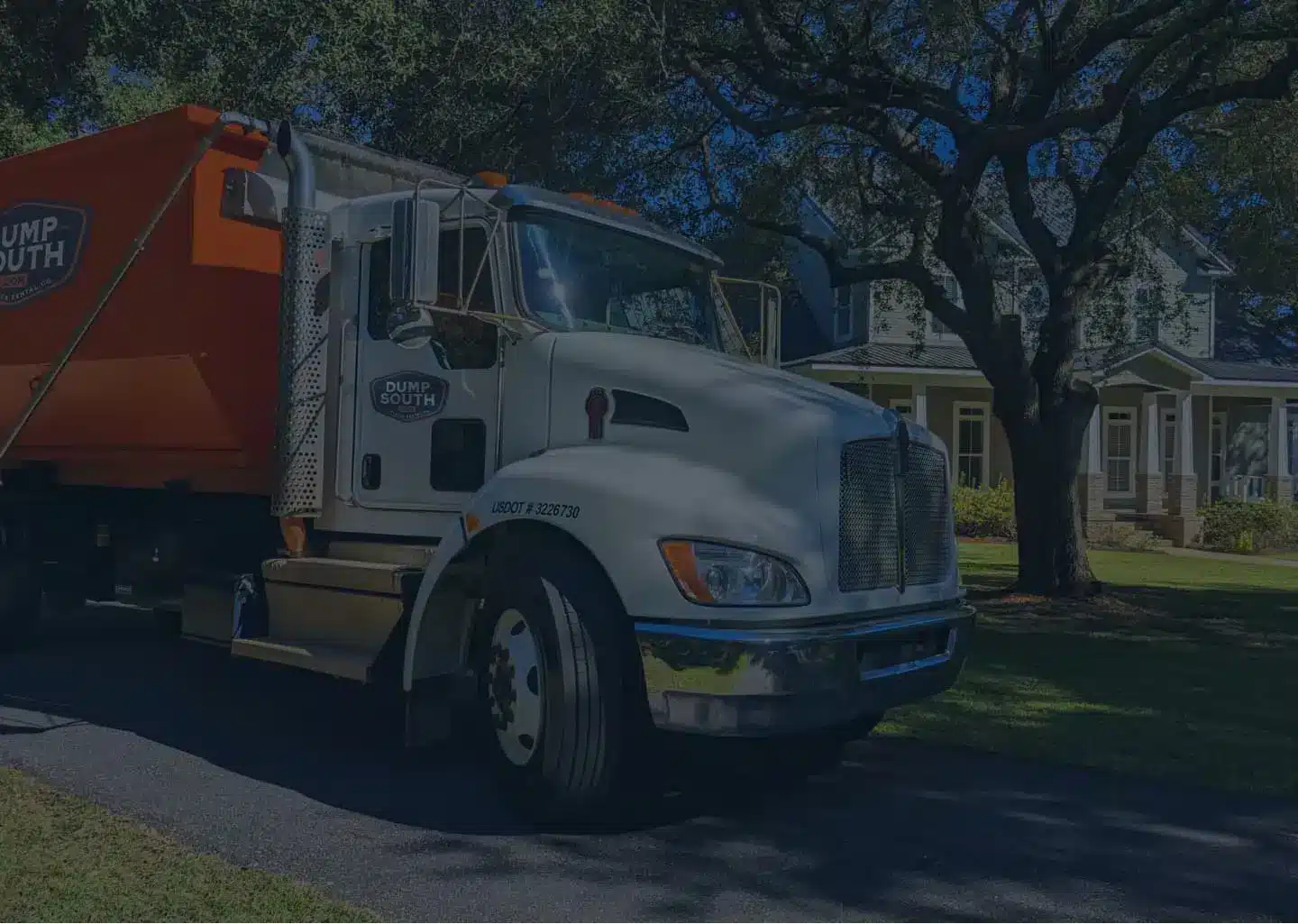Planning a home renovation, tackling a massive spring cleaning, or managing waste for your business? The right dumpster rental and waste management strategy can make all the difference. This comprehensive guide will walk you through everything you need to know to efficiently and responsibly handle your waste disposal needs.
Understanding Dumpster Rental
Renting a dumpster is often the most practical solution for managing large volumes of waste. Understanding the different types of dumpsters and associated costs is crucial. Dumpster rental services provide various sizes, typically measured in cubic yards, ranging from small residential bins perfect for minor cleanups to massive roll-off containers ideal for large-scale construction projects. The cost of dumpster rental varies greatly depending on factors such as size, rental duration, location, and the type of waste involved. Understanding these factors will help you choose the most cost-effective option for your specific needs. Consider factors such as rubbish removal, junk removal services, and disposal bins when planning your project.
Choosing the Right Waste Management Service
Selecting the appropriate waste management service is essential for ensuring efficient and compliant waste disposal. Options range from residential waste collection for everyday garbage to comprehensive commercial waste management solutions for businesses, including specialized services for hazardous waste disposal. Consider your waste volume, the type of waste generated (e.g., construction debris, household waste), and your budget when making your selection. For commercial operations, exploring options for construction debris recycling is vital for eco-friendly practices and compliance with local environmental regulations. Look for services offering eco-friendly waste solutions and sustainable practices.
The Benefits of Using a Dumpster Rental Service
Dumpster rental offers several advantages over other waste disposal methods. The convenience of on-site waste disposal eliminates the need for multiple trips to a landfill or recycling center, saving you time and effort. Furthermore, renting a dumpster streamlines the waste removal process, ensuring efficient disposal and reducing the risk of overflowing bins or illegal dumping. This efficiency translates to cost savings, particularly for large projects. Using a reputable dumpster rental service also ensures environmental compliance, as responsible waste management companies adhere to all local regulations and environmental standards regarding waste treatment and resource recovery.
Steps to Rent a Dumpster
Renting a dumpster is a straightforward process. First, assess your waste disposal needs. This involves determining the volume of waste you anticipate generating and selecting the appropriate dumpster size (see table https://penzu.com/p/68dbc97b1ad4705d below). Contact local dumpster rental companies and request a quote. This often involves specifying the dumpster size, rental duration, delivery and pickup dates, and the type of waste being disposed of. Once you’ve chosen a provider and agreed on a price, schedule the delivery and pickup. Be sure to clarify any restrictions on the types of materials allowed in the dumpster. Finally, ensure you understand the process for proper waste disposal to avoid additional fees or penalties.
Planning Your Project
Effective project planning is critical for successful waste management. This includes creating a detailed waste management plan that outlines the expected waste volume, the type of waste generated, the disposal method, and the timeline for disposal. Consider the potential impact on site management and ensure adequate space is allocated for the dumpster. Thorough planning minimizes disruption during the project and ensures efficient waste disposal.
Determining the Right Size
Choosing the correct dumpster size is crucial to avoid overflowing bins and extra fees. Below is a table comparing typical dumpster sizes and their capacity. Accurate volume calculation is essential; overestimating often leads to unnecessary costs.
Dumpster Size (Cubic Yards) Approximate Capacity Typical Uses 10 Small renovation, yard waste Small home projects, yard cleanup 20 Medium renovation, construction Moderate home projects, small construction jobs 30 Large renovation, construction Large home projects, significant construction jobs 40 Very large construction projects Major construction projects, demolition projects
Waste Management Best Practices
Effective waste management goes beyond simply disposing of waste. Implementing waste minimization strategies reduces the amount of waste generated in the first place. This could involve recycling programs for materials like cardboard, plastic, and metal. Diverting waste from landfills through recycling and composting reduces the environmental impact of waste disposal and promotes sustainable practices. Following these best practices contributes to a cleaner environment and responsible resource management.
Environmental Impact of Waste Management
Waste management practices significantly impact the environment. Waste treatment methods, from landfills to incineration and recycling, have varying environmental consequences. Understanding the environmental compliance standards and regulations in your area is essential for responsible waste disposal. Support environmentally conscious waste management solutions that prioritize resource recovery and reduction of landfill waste. Choosing eco-friendly disposal options contributes to a healthier planet.
FAQs about Dumpster Rental
Frequently asked questions about dumpster rental often include permissible waste types, pricing structures, and rental duration. What can I put in a dumpster? Generally, common household waste and construction debris are allowed, but hazardous materials are usually prohibited. How much does dumpster rental typically cost? Costs vary based on factors such as size and rental duration. What happens to the waste after it’s picked up? Waste is transported to appropriate facilities for disposal or recycling, following all applicable regulations. Are there any items that cannot be disposed of in a dumpster? Hazardous materials, such as chemicals and electronics, are typically prohibited. How long can I keep the dumpster? Rental periods vary depending on the provider, typically ranging from a few days to several weeks.

Innovations in Waste Management Technology
Technological advancements are revolutionizing waste management. New technologies improve efficiency, reduce costs, and enhance sustainability. Waste reporting tools allow real-time monitoring and management of waste streams. The adoption of advanced technologies across the waste management industry leads to more efficient and sustainable waste disposal practices.
Community Impact and Engagement in Waste Management
Community engagement is crucial for effective waste management strategies. Public awareness campaigns educate residents and businesses about proper waste disposal practices, promoting responsible behavior. Engaging the community builds stronger partnerships and helps achieve higher recycling rates.
Legal and Regulatory Compliance for Waste Disposal
Adhering to legal and regulatory compliance is paramount. Permitting requirements, legal obligations, and best practices must be followed to ensure proper waste disposal. Understanding and complying with these regulations is crucial for both environmental responsibility and avoiding legal penalties.
In conclusion, managing waste effectively is about more than just disposal—it's about responsible resource management. By understanding the options, choosing the right services, and implementing best practices, you can ensure efficient and sustainable waste disposal for your home or business. Start planning your next project with confidence, knowing you have the tools and knowledge to make a positive impact. Contact a local dumpster rental company today to get started!
